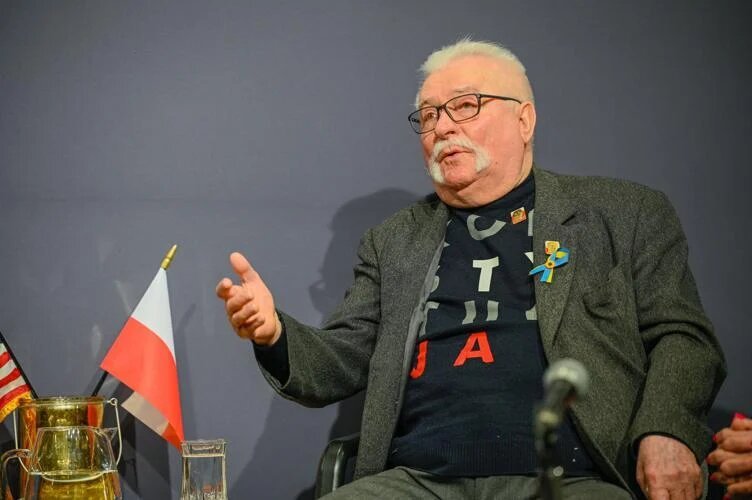Loren Selig felt compelled to join a protest outside the Sig Sauer firearms headquarters Friday following the killing of 19 children and two teachers at a Uvalde, Texas, elementary school this week. Protesters called for an end to manufacturing assault-style weapons and for legislation to require background checks and other measures.
The State We're In - Drawing the Line
The State We’re In host Melanie Plenda, director of Research and Analysis for Citizens Count and host of the podcast "$100 Plus Mileage” Anna Brown, Assistant Professor at Plymouth State University Dr. John Lappie, Republican state Rep. Ross Berry representing south Manchester and Litchfield, and Democrat state Rep. Marjorie Smith representing Durham, discuss Congressional redistricting, what the competing proposals are and what it means for New Hampshire.
Immigrants of New Hampshire: A Congolese banker embraces care-giving
Mentoring developmentally disabled youth in New Hampshire may not seem like a logical career step for a former bank manager from the Democratic Republic of the Congo.
But for Bienfait, a Congolese immigrant -- he declines to use his last name for reasons of personal safety -- the job is highly satisfying.
What happens when local news goes dark
According to studies cited by Lauren McKown at Report for America, which provides funding for reporters to tackle pressing issues and missing areas of local coverage: Just 17 percent of what’s in a local newspaper is local news – the rest is wire and national reports. Roughly 36,000 reporters were let go during COVID-19, and hardest hit were outlets in rural communities and communities of color.
Amid crisis and collaboration, a plan to sustain local news emerges
At a time when information flows more freely than ever, the local news industry finds itself at a crossroads. The advertising and subscription model that held up the industry for so long has consistently been chipped away over the past two decades. The financial challenges have only accelerated over the past few years with the pandemic, and more recently with new pressures from inflation. Across the nation and here in New Hampshire, that’s meant far fewer reporters to dig into local and statewide issues. And in some communities, it’s meant no reporter or news publication at all.
Troopers testify about store receipts, other evidence in Armando Barron's murder trial
The State We're In - Solving the Housing Crisis
The State We’re In host Melanie Plenda, NH Business and Economics Affairs Commissioner Taylor Caswell, Business New Hampshire Magazine Reporter Judi Currie and Boston Globe Real Estate Reporter Catherine Carlock discuss what New Hampshire and Massachusetts are considering to address the shortage of affordable housing in the region.
COVID-related grants to fund transportation improvements in rural areas
Alisa Druzba works in rural health, but over the past few years she noticed another issue permeating her work. “Transportation comes up in every conversation,” said Druzba, director of the New Hampshire Office of Rural Health & Primary Care, part of the Department of Health and Human Services (DHHS).
States, cities rethink use of police traffic stops as investigatory tool
It’s a common tactic: a police officer gets a hunch about a vehicle, uses a minor traffic violation to pull it over and questions the driver about their travels, checking out suspicions that have nothing to do with traffic safety. In states around the country, officials are reconsidering whether it’s a good idea. It’s unclear if New Hampshire safety officials are following suit.
Examining racial bias when police make stops based on suspicions
N.H. State Trooper Haden Wilber was stationed on Interstate 95 in Hampton one afternoon in February 2019 when he began following a car he found suspicious, a Toyota Camry with tinted windows and Connecticut plates.
“The vehicle had drawn my attention to it due to how clean it was, given the age of the vehicle and current weather conditions in New England,” Wilber wrote in a police report.
















